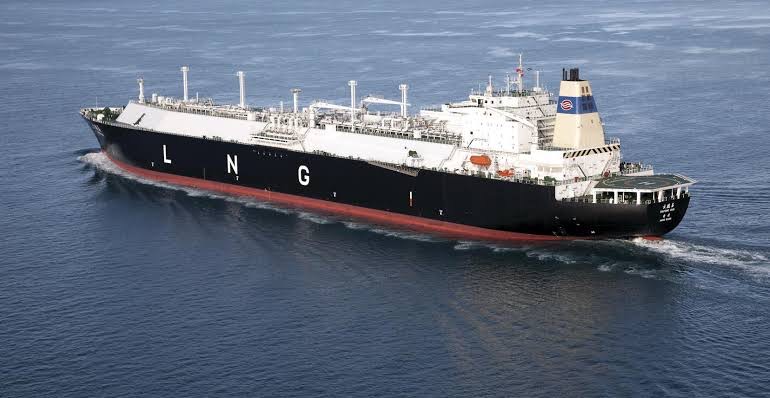India to sign 78 bn deal to extend Qatar LNG imports (Indian Express)

- 06 Feb 2024
Why is it in the News?
India and Qatar are likely to ink a deal recently to extend the supply of 7.5 million tonnes per annum (mtpa) of liquefied natural gas (LNG) for another 20 years beyond 2028.
Context:
- India wants to increase the share of natural gas in its primary energy mix to 15 per cent by 2030 from a little over 6 per cent at present.
- The country already depends on LNG imports to meet around half of its gas demand, and as demand grows, imports of the natural gas are also set to grow.
- World’s largest exporter of LNG, Qatar, accounts for over half of India’s imports.
- India imported a total of 19.85 million tonnes of LNG in 2022-23 (FY23), of which 10.74 million tonnes, or 54 per cent, came from Doha.
- India’s total imports from Qatar in FY23 were valued at $16.81 billion, of which LNG imports alone were worth $8.32 billion, or 49.5 per cent of the overall imports from Doha.
- Natural gas is seen as a significantly cleaner alternative to conventional petroleum fuels like diesel and petrol and is usually cheaper than crude oil.
- For India, which has an import dependency of over 85 per cent in the case of crude oil, natural gas is seen as more affordable as well as a transition fuel in the country’s energy transition pathway.
Trade Relationship Dynamics between India and Qatar:
- In the trade relationship between India and Qatar, there exists a significant trade imbalance favoring Qatar.
- Qatar stands as India's largest source of liquefied natural gas (LNG), which is gas cooled to liquid form for sea transportation.
Import Dependency on Gas:
- India's import reliance on natural gas stands at around 50%, with a governmental focus on increasing gas consumption likely leading to further import escalation in the future.
- Petronet LNG, India's primary LNG importer, holds a long-term contract with Qatar for importing 8.5 million tonnes per annum (mtpa) of LNG. Moreover, Qatar's gas holds a substantial share in India's LNG procurements from the spot market.
Demand for Natural Gas in India:
- India has set an ambitious target to elevate the share of natural gas in its primary energy mix to 15% by 2030, up from slightly over 6% at present.
- This aspiration is poised to drive a rapid surge in LNG imports in the upcoming years. Natural gas is perceived as a notably cleaner alternative to traditional petroleum fuels like diesel and petrol, and often comes at a lower cost than crude oil.
- Given India's over 85% import dependency on crude oil, gas emerges as both more economically viable and a smoother transition fuel in the energy transformation trajectory.
Trade Dynamics: India's Import from Qatar and Export to Qatar
- In FY 2022-23, India's total imports from Qatar amounted to $16.81 billion, with LNG imports constituting $8.32 billion of the total.
- While Indian LNG importers are endeavoring to diversify their sources, reducing heavy reliance on Qatar may take considerable time.
- On the export front, India's exports to Qatar were valued at only $1.97 billion in FY 2022-23, encompassing cereals, copper articles, iron and steel articles, vegetables, fruits, spices, and processed food products.
Global LNG Market Trends:
- The global LNG market currently leans towards sellers, especially following Russia's invasion of Ukraine, which disrupted Russian natural gas supplies to Europe.
- This disruption triggered a surge in LNG spot cargo prices globally.
- Unlike term contracts, spot LNG market prices are subject to higher volatility, with prices rising steeply in times of tight supply and falling sharply during a supply glut.
Future Outlook of the LNG Market:
- Industry experts predict a shift in the global LNG market dynamics over the next few years, transitioning into a buyer's market due to the surge in new LNG export projects.
- A buyer's market arises when there is an excess supply of goods or services compared to demand, granting buyers more negotiating leverage.
- Despite this anticipated shift, it may take several years for this scenario to materialize, with a substantial portion of new LNG export capacity expected to originate from Qatar itself.
